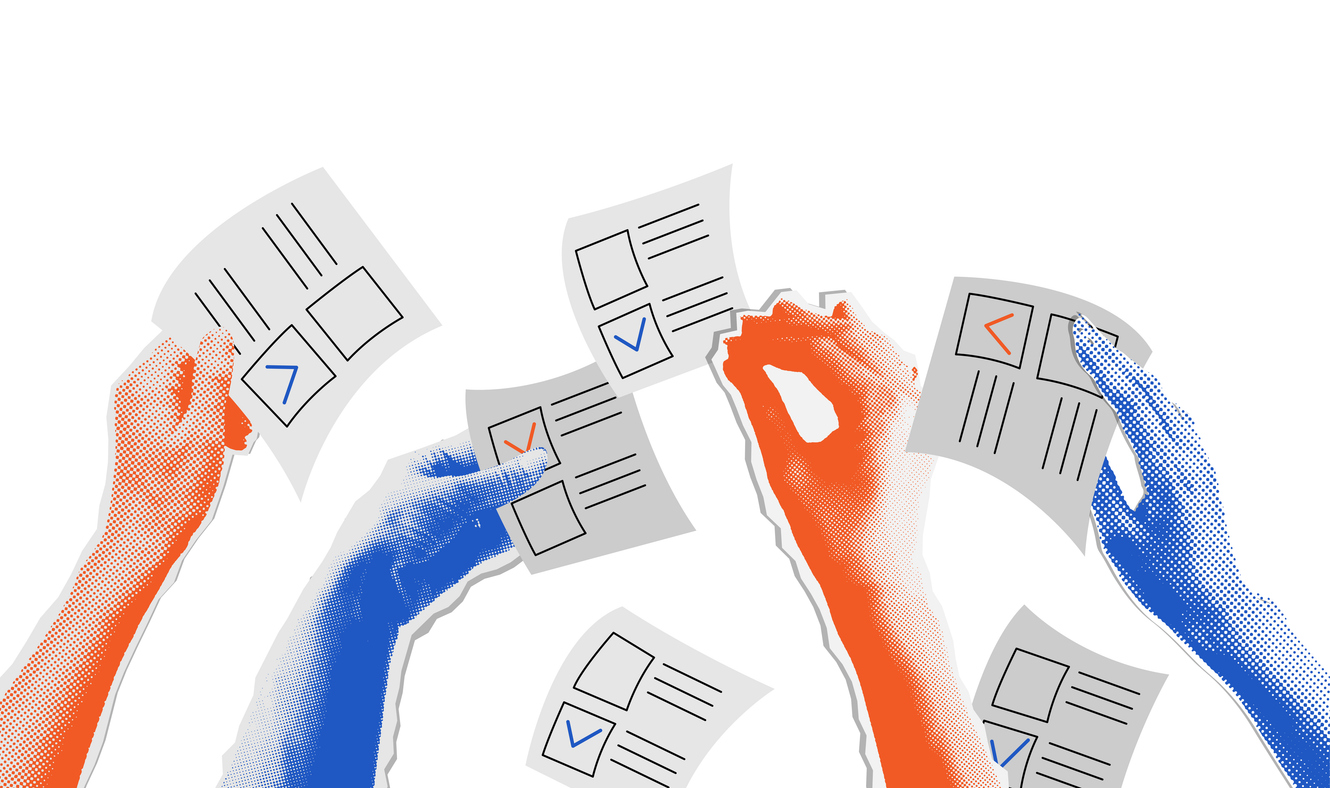Related Articles
Relevant Topics
For decades, the underlying assumption of Washington’s environmental policy has been that politicians must dictate the rules to the public, creating regulations that force citizens to change. That top-down mindset is borne of the 1970s. Today, there are new options that are more effective, less harsh, and less expensive.
The sharp contrast between the old, coercive approach and new, collaborative stewardship is being played out right now in Washington’s energy policy.
To achieve Washington’s CO2-reduction goals, there are two competing approaches. One strategy engages the public and makes them a partner in decarbonization. The other treats people as subjects of the government to be manipulated to achieve political ends.
Nowhere is this contrast starker than in the prices we pay for gas and electricity.
Some utilities are taking a collaborative approach, by increasing the transparency of electricity prices to provide consumers with information so they can save money while cutting CO2 emissions.
This year, Benton Public Utilities District is restructuring their rates to reward customers who decide to use less energy during the most expensive hours of the day. Utilities pay higher wholesale costs in the evening, when demand is high, and pass them on to customers.
To reward customers for using less during those high-priced hours, Benton PUD is reducing rates but adding a monthly charge based on the highest amount of electricity used during peak hours. Those who want to use electricity when prices are high can still do that. Those who choose to use less can save money.
Puget Sound Energy (PSE) launched a similar program, which I joined. The program pays customers to adjust their thermostat when electricity costs are high. The voluntary program allows PSE to change the temperature setting on a smart thermostat by a few degrees when costs are predicted to be high.
PSE has an incentive to make customers happy with the program, so in addition to paying them to participate, they also pre-heat or cool down the house before prices spike, while prices still are low. Well insulated homes lose heat slowly, so the temperature can stay within a comfortable range even with the heat off. That advance planning lets homeowners avoid using power during peak hours.
This is a significant change from past practice where electricity prices were set by politicians with little public input. Whether customers knew it or not, they paid for the political agendas of bureaucrats and elected officials. A lack of transparency is good for those politicians, and they know it. That is why some politicians are still trying to hide the cost of their policies from the public.
For example, earlier this year state utilities commissioners approved a rate increase for Puget Sound Energy’s residential, natural gas customers. The commissioners specifically noted the increase was due to Washington’s new climate tax. Then commissioners added a requirement: Don’t tell customers.
The commissioners actually prohibited PSE from listing the cost on customers’ bills, saying it would be too confusing. In reality, the Inslee Administration doesn’t want you to know you are paying more for its policy.
The Inslee Administration isn’t the only one trying to keep Washington residents in the dark.
State Senator Joe Nguyen (D-Seattle) sponsored a bill that would have made it illegal for fuel suppliers to show the cost of the climate tax. His legislation said, “A business may not include a separate charge or costs on any invoice or other billing statement” relating to the tax on CO2 emissions. Sen. Nguyen, who voted for the tax increase, supported a law that would make it difficult for the public to know that his decision has increased gasoline prices.
Rather than trying to be transparent and reduce the harm done to Washington residents, politicians hide the damage their policies cause. They want credit for being climate warriors. They just don’t want the public to hold them accountable for the cost of those policies.
Policies that treat the public as the enemy are not only unethical but are likely to be ineffective.
The consistent pattern of hiding data from the public is contrary to the spirt of Washington state’s constitution and laws. State law says, “The people, in delegating authority, do not give their public servants the right to decide what is good for the people to know and what is not good for them to know.”
Lying to voters is also bad policy. When voters realize they’re being lied to, they often change the law or vote out politicians. Put simply, if your policy relies on dishonesty, it is unethical and likely to be ineffective.
Treating consumers as partners is more sustainable and effective, as well as more respectful. As electricity customers begin saving money, others will want to join in, saving consumers money and helping the environment.
For the past two decades, politicians in Washington state, King County, Seattle and other communities have treated the public as the enemy. The result has been that we have missed every climate goal set by those same politicians. It is the worst of all worlds: Dishonest policy. High costs. Environmental failure.
If we care about the environment and ethical governance, we need to take power from politicians and give it to people. Thankfully utilities like PSE and the Benton PUD are moving in this direction. Let’s hope others follow.





